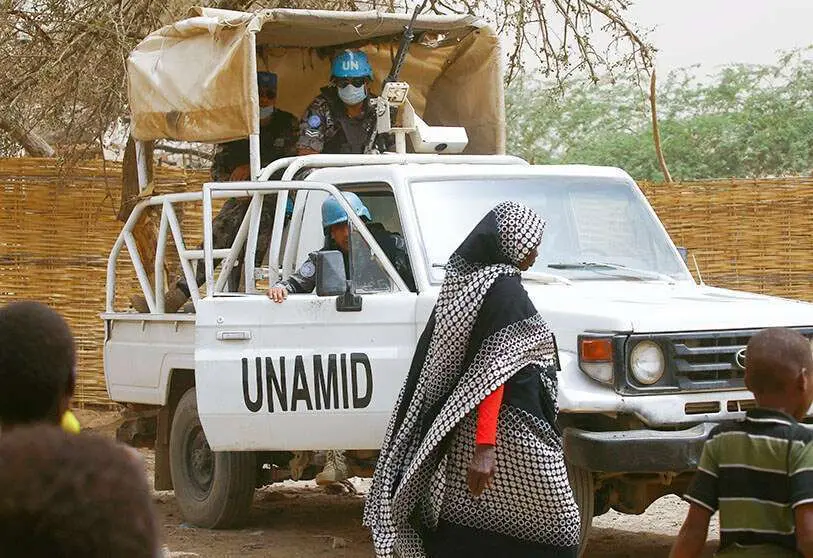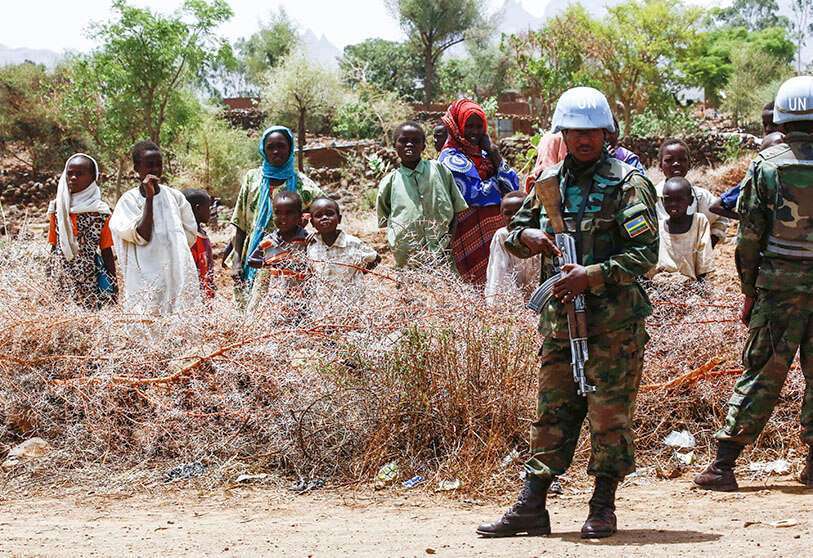Darfur in crisis after the end of UN mission announced

Following the UN Security Council's decision to end UNAMID's mandate on 31 December 2020, inter-community disputes have erupted in South Darfur. The disputes between the Fallata communities, mostly pastoralists, and the Masalit tribe's cattle ranchers were over control of water in the area. These two tribes signed a reconciliation agreement in October, which the parties claim has failed to implement. Two days after these events, there were also clashes in West Darfur between the Fallata and Rizeiigat tribes. Here too, a truce was previously signed in May followed by another reconciliation document in August. The Sudanese authorities, after the first incident, have announced the sending of troops to the province of South Darfur to reinforce the deployment of security and protect the population. The region's governor, Musa Mahdi, brought together the military commanders and local leaders to secure the area, stating that the era of reconciliation conferences is over and that the era of law enforcement is now beginning, in reference to the two aforementioned inter-community peace conferences.
These events take place shortly after the Security Council decreed on December 23rd the final departure of the UNAMID mission from Sudan, after thirteen years of mission. This decision follows the signing of the peace agreement last October with the two main leaders of the armed groups still active in Darfur. The conflict in Darfur began in 2003 and the UN-AU mission in 2007, following the outbreak of violence by armed groups and the state. From 1 January 2021 to 30 June this year, there will be a transitional phase in which some of the mission's troops and police personnel will remain on the ground to secure the area. Together with the announcement of UNAMID's departure, the UNITAMS mission, established on June 3 with a mandate to ensure the transition, will take over. More specifically, according to the text of the Security Council declaration, the objectives of the UNITAMS mission will be: to assist the political transition, progress towards democratic governance, in the protection and promotion of human rights, and sustainable peace; support peace processes and implementation of future peace agreements; assist peacebuilding, civilian protection and rule of law, in particular in Blue Nile and South Kordofan (the Two Areas) and Darfur; and support the mobilisation of economic and development assistance and coordination of humanitarian assistance. This mission is therefore different in its objectives and capabilities from the previous UNAMID mission, which had 16,000 members on the ground until 2017 with the aim of safeguarding security in the area.

Following the news of the UN march, protests took place throughout several refugee camps in Sudan and neighbouring countries such as Chad and the Central African Republic. Examples such as the incidents in South Darfur have led to a situation where the protesters do not believe that the government will be able to protect the civilian population or stop community violence in the area, despite the fact that the Sudanese transitional government has committed itself to protect the citizens of Darfur, especially those in the refugee camps, by ensuring their return.
Although this mission was approved in June 2020, it is not yet operational, there is no head of mission, nor has it been established on the ground. It is expected that during UNAMID's six-month exit, the UNITAMS mission will be practically deployable, otherwise a security vacuum could arise. Everything seems to indicate that the UNITAMS mission will not be ready until the end of 2021 and the Sudanese government will therefore have to make a greater effort to maintain security, particularly in the months when there is no UN support mission on the ground. According to the United Nations' assessment, the war in Darfur between 2003 and 2008 left 300,000 people dead and 2.5 million refugees and displaced persons.










